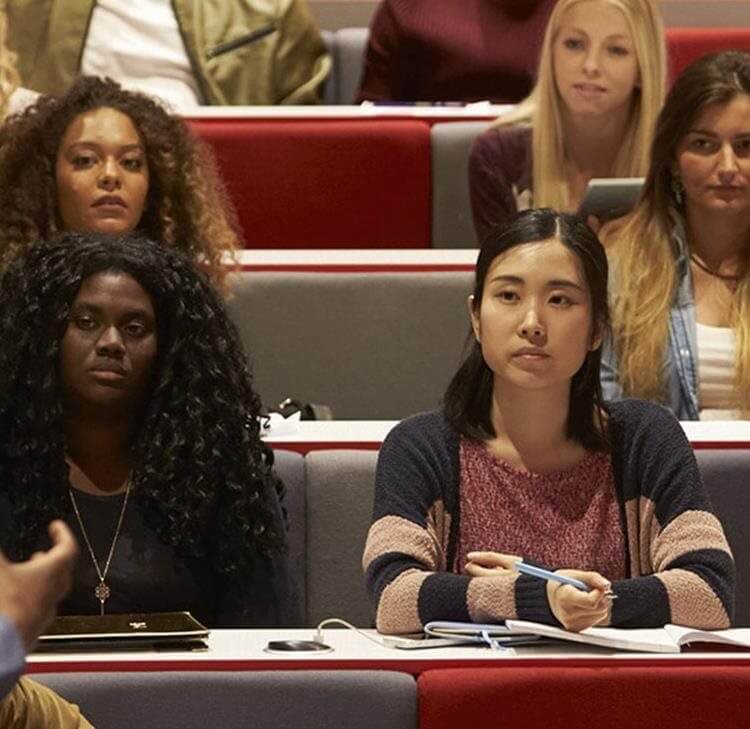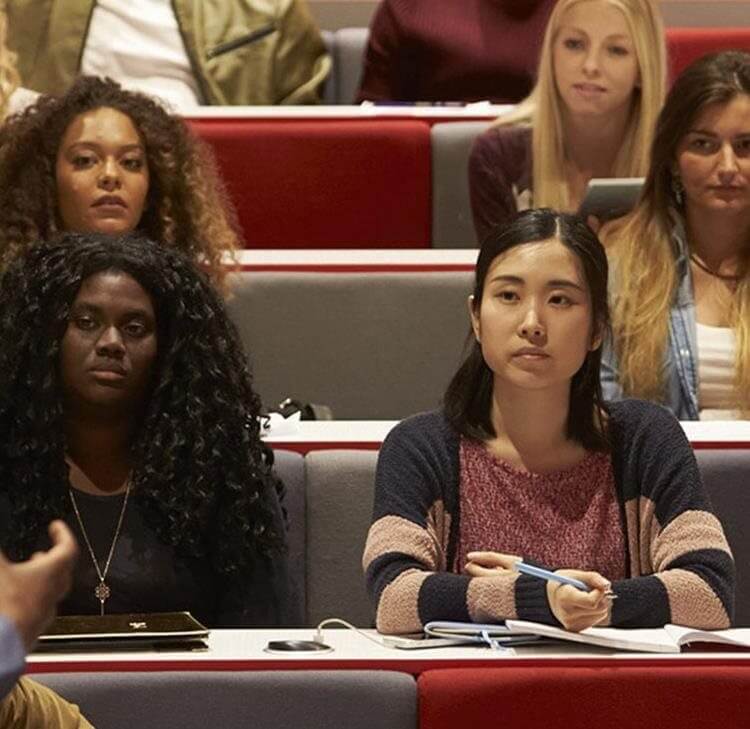What happens after a death by suicide?
Student suicide is a major factor with nearly one in four young people experiencing suicidal feelings at least once in their lives and one in 20 trying to take their own life. Although great efforts have been made by the higher education (HE) sector to tackle mental health issues for young people and identify outward signs of distress, the statistics are still troubling.
The death of a student for any reason is a difficult and emotional time for everyone involved, from university staff to other students and of course the parents of the young person. Unfortunately, student suicide is still a major factor in the sector with nearly one in four young people experiencing suicidal feelings at least once in their lives and one in 20 trying to take their own life.
Although great efforts have been made by the higher education (HE) sector to tackle mental health issues for young people and identify outward signs of distress, the statistics are still troubling. And, with the added pressures of the Covid-19 pandemic and self-isolation, safeguarding mental health and taking steps to prevent student suicide are even more critical.
Universities will no doubt already have in place suicide prevention, intervention and postvention strategies and student death policies. This article focuses on what happens after a student death in the wake of the recent Supreme Court decision in R (on the application of Maughan) v Her Majesty's Senior Coroner for Oxfordshire.
A death will always involve an initial police investigation to rule out the involvement of a third party or foul play. Often the police will remain involved when the case passes to the Coroner to act as investigators for the purposes of the inquest. An inquest is an inquiry into the circumstances surrounding a death where the cause is still unknown, or if the person died a violent or unnatural death. The purpose of the hearing is to find out who the deceased person was and how, when and where they died.
Often police officers will want to meet with staff and students to take witness statements from them. Some staff and students may also be called to give live evidence at the inquest. Both of these exercises are likely to be difficult and will take their toll emotionally on those affected.
In concluding an inquest, one of the conclusions available to the Coroner is that of suicide. Historically the Coroner must have been satisfied so that they were sure that the person had intended to take their own life before they could make this finding (the criminal standard of proof).
R (on the application of Maughan) v Her Majesty's Senior Coroner for Oxfordshire has considered whether the applicable standard of proof in inquest proceedings should be to the criminal standard (being sure or beyond reasonable doubt) or the civil standard (on the balance of probabilities).
The Supreme Court determined by a majority of three to two that the standard of proof for conclusions of suicide should be the civil standard.
The result is that we are likely to see more conclusions of suicide than previously.
The consequence for universities is that such conclusions bring into much sharper focus the role of HE institutions in preventing suicide and recognising signs and vulnerabilities so that early intervention is possible. Students are inextricably linked to their university life particularly if the young person was resident in halls, was receiving counselling or pastoral care or was known to be struggling with their course. Universities should therefore expect a more thorough investigation into their policies and practices around suicide and mental health support generally.
To discuss your prevention and intervention policies, student death policies or for more information about inquests please contact Stephanie McGarry.

.jpg?variant=HeroImageTabletVariantDefinition)







































